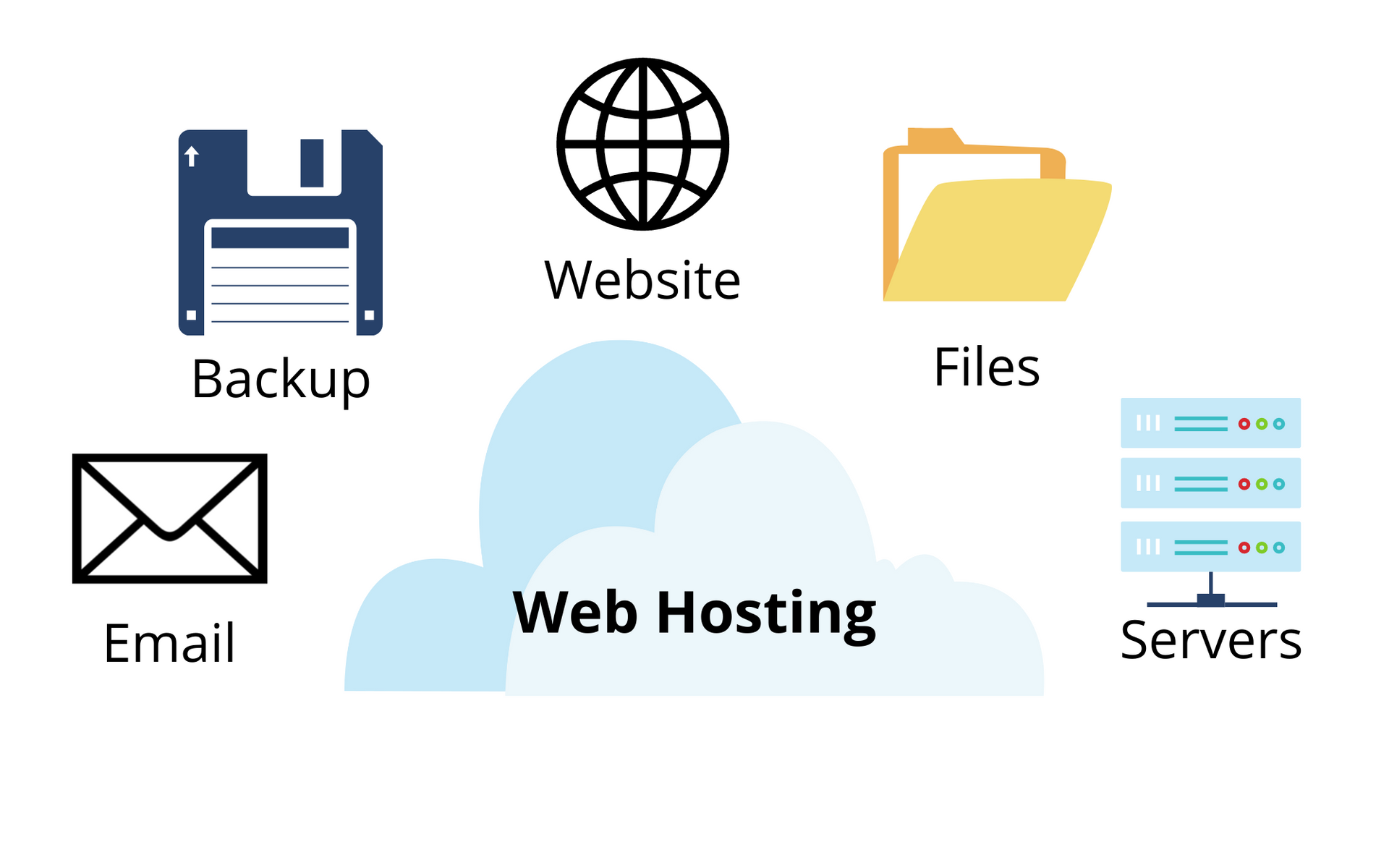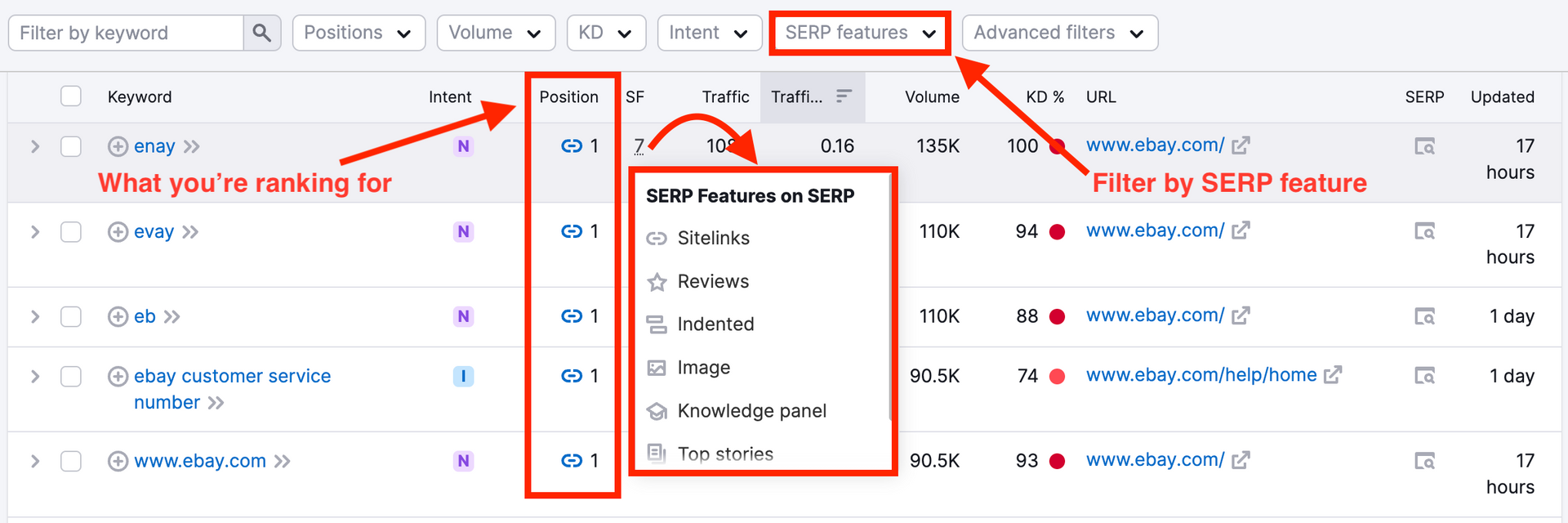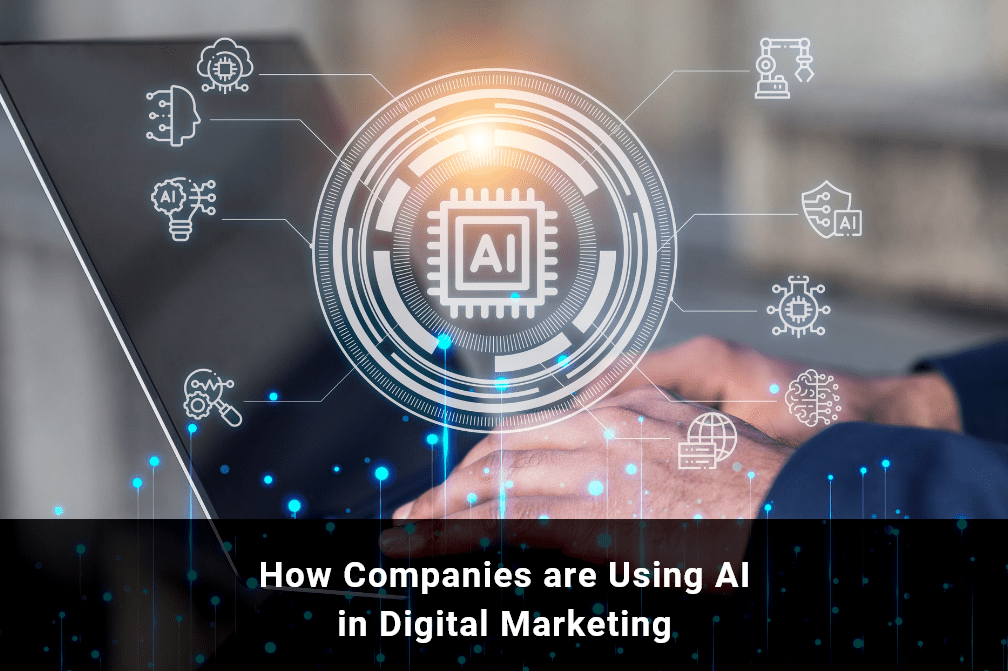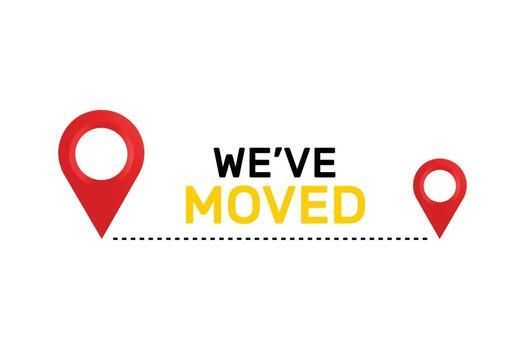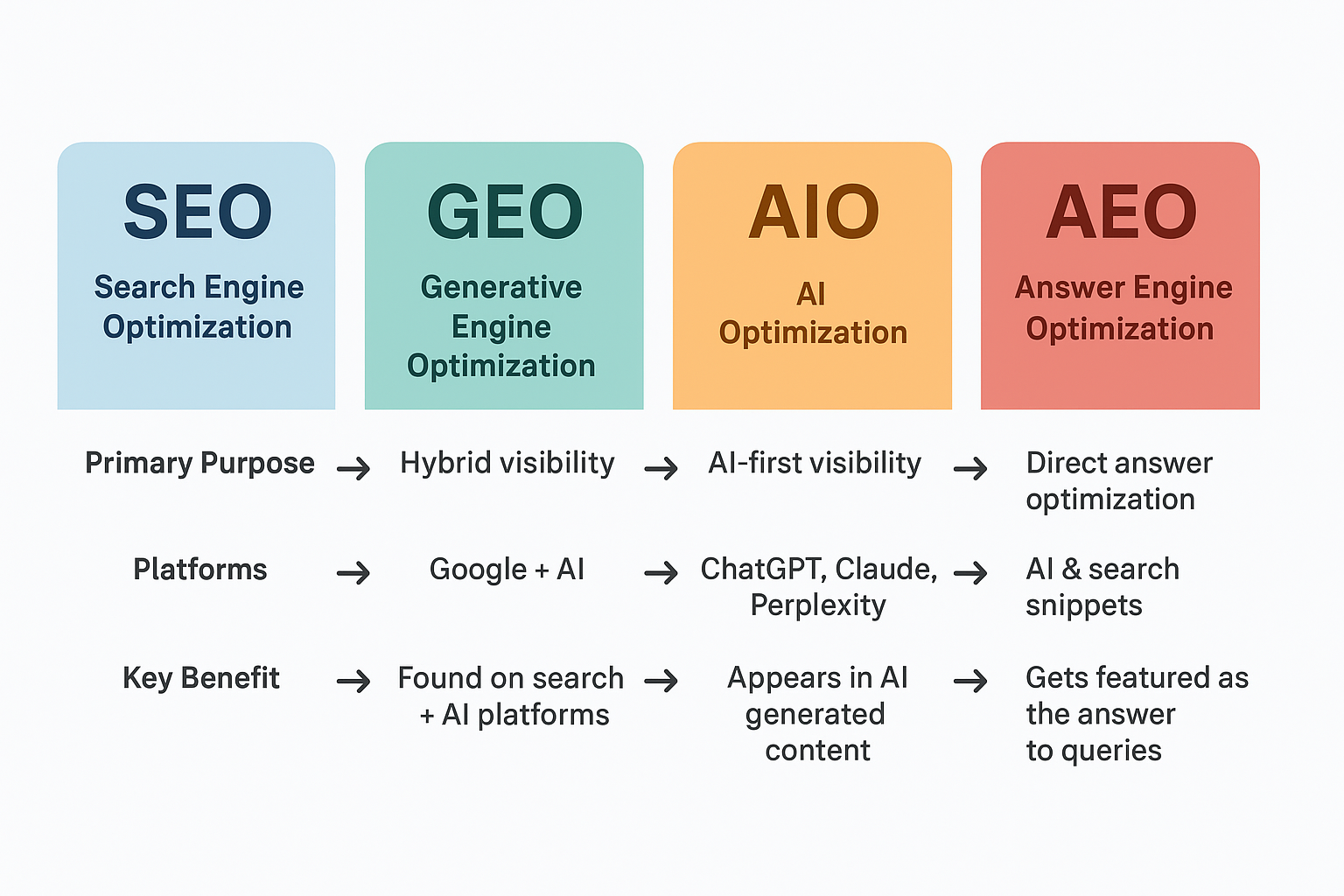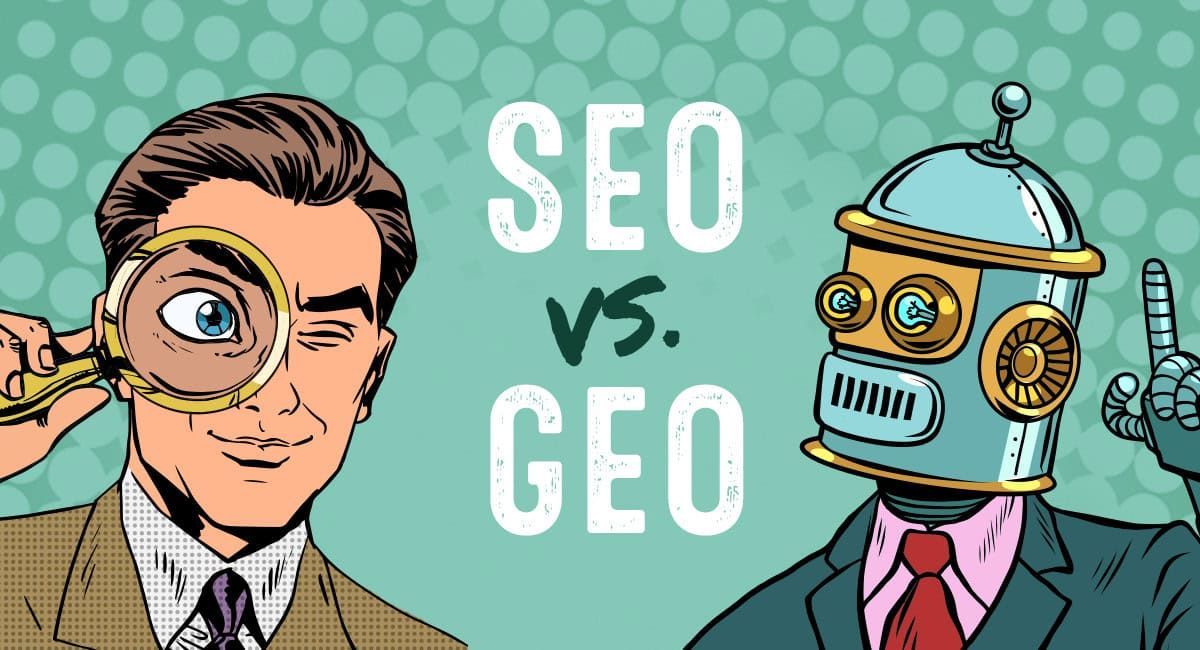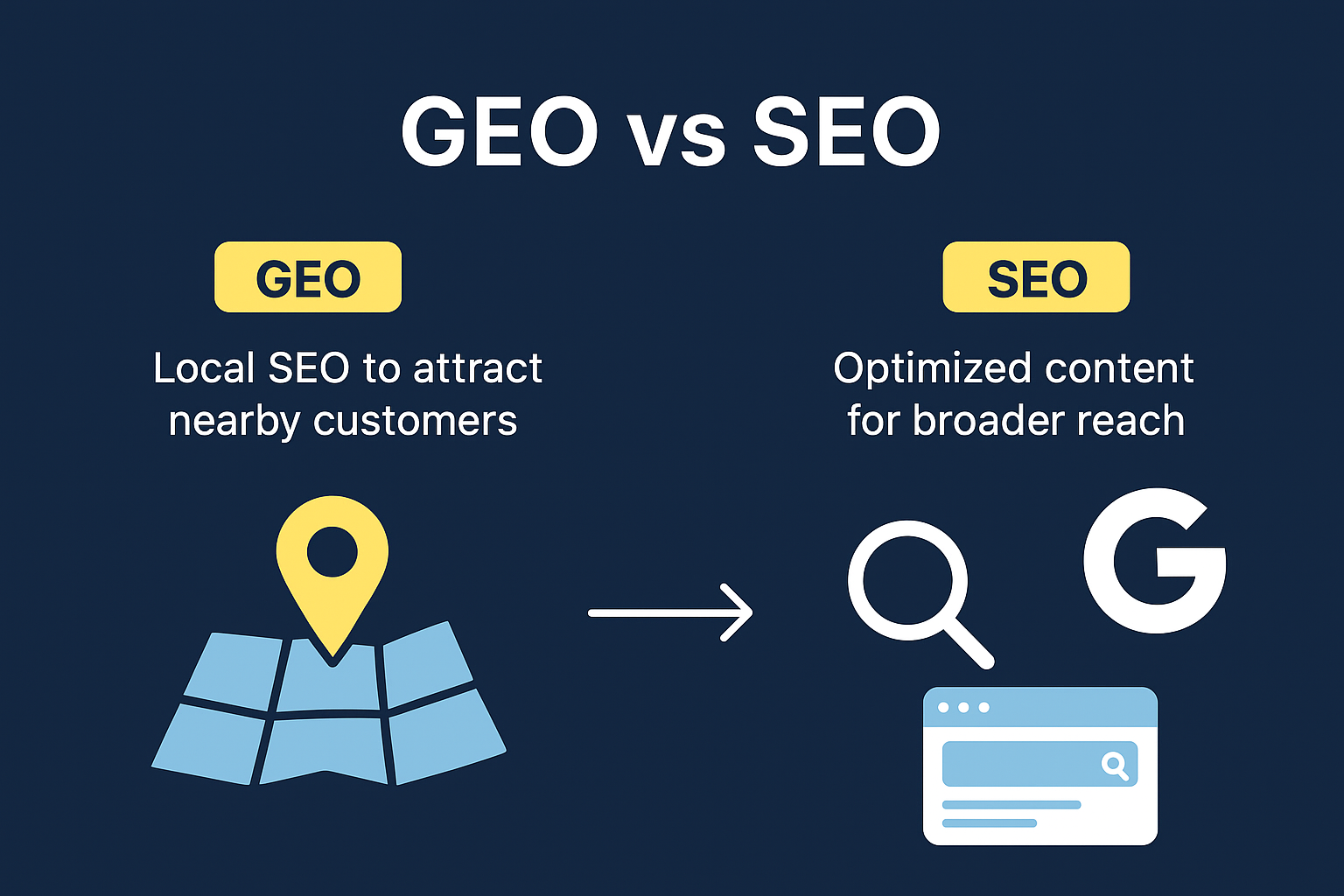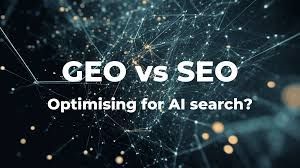The Problem with Generic Website Builders and Why Custom Websites are Worth It!
Why you Really need a custom website designer.

The Problem with Generic Website Builders — and Why Custom Websites are Worth It
In 2018, there is a plethora of free website builders, themes, and templates you can use to create a website “in minutes!” The truth is that the results of these tools are rarely sustainable in the long term — and may be sending the wrong message to your end user.
Having a company or organization website provides you with the opportunity to communicate with other people about what you do, and what you care about, without ever actually talking to them. That’s a pretty powerful thing!
Many people intend to go about building their website the Right Way — they don’t want to waste their money on something that doesn’t work or doesn’t matter. But they may not know where to start. So like any other sensible human being, they Google it.
If you search for “website” or “how to make a website,” you’re thrust into a world of advertisements for “drag and drop tools,” “No Tech Skills Required”! For someone with no tech background — even someone that has previously paid a professional to build a website — it might feel like it could be empowering to “DIY” it.
But DIY is probably not the best long-term solution.
I love DIY as much as anyone else. It feels great to decide you need something, realize you have all the materials necessary to do it, and end up with something that feels perfect for you.
But building your company’s site in Squarespace, or paying to put your content into a prebuilt WordPress theme, is not the place to do that. The unfortunate reality is that these “builders” funnel your content and ideas into a “One Size Fits All” template—yes, even if they offer “1000s of options!”
The thing is, your content is more than a mosaic of widgets and plugins. There are many reasons for this.
Design and functionality limitations
Website builders wouldn’t work, and wouldn’t be economically feasible for the people that make them, if they did not come with design or functionality limitations.
When you ultimately find that there is that *one thing* the theme can’t do for you, you’re going to have to find a weird hack to get around it. That weird hack won’t be exactly what you want, but it may be “close enough.” When it comes to how you represent yourself or your organization, do you really want “close enough”?
A prime example of how website builders can limit you: Squarespace. Squarespace does one particular thing very well, but if you need it to do something else, even if it’s just a little different, you have to turn to its “custom CSS” zone.
In the custom CSS zone, there is only anarchy. Take everything you thought you (or the poor chump you’re sending in there) knew about styling websites and throw it out the window. There are CSS properties that they will straight up not recognize. (Get really comfortable with the ol’ !important attribute, friends.)
So how do you get around that? You add some crazy jQuery like its 2013! Want a li’l bar above your navigation? That’s the only way it’s going to get there. Otherwise, your site is going to look exactly the same as 70% of the Internet.
Which brings us to:
The synthesis of the Web
Have you ever been browsing the Internet and felt like every website had the same layout? Every person, business, and organization has a story to tell through their web presence. In a world that’s saturated with digital content, how are you going to stand out?
If your website looks like every Bootstrap site ever, it probably won’t leave much of an impression on your user. Your website has the potential to drive inbound marketing and make your business more sustainable. That starts with design decisions that are made around your content — not the other way around.
Content should be king
Templates and website builders decide for you what content your site needs — the content that looks “good” in the design they’ve already created.
In this scenario, you have two options. The first is changing your content to fit the template (while also simultaneously trying to predict what all your future content might be), which is not a great compromise to have to make. Every website has some needs that are specific to the company or organization, whether that’s a grid of images, a chart, a report, or something else; your theme won’t take into consideration your unique content needs.
The second option is to try to cram your content into the template, which usually looks bad and might even cause the layout to break and become unreadable.
The most important part: your users!
Chances are Themeforest, Squarespace, Wix, or whatever the heck the kids are using these days is not going to have a comprehensive understanding of your user base. For professionals in this industry, it’s common practice to conduct research to understand your user base before anyone starts to even think about design. This is something that will be sorely missed if you use a website builder.
These companies don’t know anything at all about the people coming to your website. They don’t even know you! What these companies care about is getting you to sign up and give them your money. In contrast, a professional creating a custom website is going to take the time to get to know you and your users.
Plus, a custom-built site is going to show your content in the best possible light. Not only will that make your business or products look better, it shows your user base that you care about their web experience. You want to look professional and committed to your work. It might be easier, but you would never show up to a client meeting in sweatpants that you haven’t washed in two weeks — right?! This is the same sort of thing.
Performance
In web development, “performance” is a term used to describe how well a website does what it’s supposed to in a timely manner. If a site has bad performance it can take a really long time to load, or make your laptop fans spin really loud.
Why? Because inefficiently written JavaScript that makes your computer use a lot of processing power in order to show you the content on the page, which sends your fans into overdrive. Because a lot of themes and websites builders are trying to meet the needs of a broad audience—the “One Size Fits All” model again—they often implement excessive JavaScript that aren’t even all necessary for your particular site.
In theme-based or “drag and drop” development, there are little to no measures in place to check if the assets (photos, animations, JavaScript, etc.) you add to the site are going to load well for the person who looks at your website. Some sites cover that by integrating pre-loaders into their pages, which add even more additional time between your users and the content they are trying to access.
Stay away from WordPress! The plugins create a nightmare due to compatibility and since most are very cheap or free the are rarely updated!
If you purchase a Wordpress theme on Themeforest for $20, and then decide you want to add a plugin to scroll to the top of the page and a Youtube video embedder, that’s going to adoad time to your page. That’s because those plugins are actually separate Javascript files that now have to get loaded on every page — even the pages ones that don’t use them! If that theme calls for a “hero image” — those huge background images at the top of some pages — the 6000px, extra-big photo you uploaded to ensure it doesn’t look pixelated is going to appear in chunks the first time the page is loaded.
If you pay a professional to build your site, they will worry about all of this for you. They’ll give you tips on what size images you should provide, and will even optimize your images for you. They’ll ensure that your website isn’t carrying the weight of 75 plugins that it doesn’t need and that are doing nothing but slowing it down. (And that’s really important: studies show that 40% of users will simply leave a webpage if it takes more than three seconds to load.)
A well-built custom website has everything you need, and nothing you don’t — meaning it’s as high-performing and quick as it possibly can be.
Security
Anytime you build a site that relies on a drag-and-drop “No Coding Required!” interface or a menagerie of plugins, vulnerabilities are getting added to your site. Without someone’s ongoing attention to diligently keeping everything up-to-date and patching those vulnerabilities, this means your site is more susceptible to hackers. Every plugin and every piece of work someone else did is another variable, and another component that could fail and take down or break your site.
In the case of Wordpress, the code used for plugins isn’t always written according to security best practices. That means you could install a plugin that creates an easy “in” for your site to be hacked. The worst part about that? The person that wrote the code that caused the problem doesn’t know you—and can’t be held accountable for the problem.
Site builders such as Weebly, Wix, or Squarespace are safer from these kinds of issues, but there’s definitely a trade-off. If you ever decide your site is getting too big or complex for a simple site builder, migrating your content out of your old site and into a new one is very challenging and time-consuming—so it may not be a great idea if you plan on having your site grow and change over time.
That brings us to:
Sustainability
Most people want to deal with making a website one time, and have it last for multiple years. That is not unreasonable. But that likely will not happen on a Free or Very Cheap website.
Web development is an area in which you truly reap what you sow. Websites are ever-evolving creatures, and that means they need to be easily adaptable. This is important when it comes to the design and the way the website is built; in order to be adaptable, a website needs to be coded in a clean and organized way that’s easy to navigate, change, update, and maintain.
If you have a random $200 website company — or your brother’s neighbor’s teenage grandson who kinda learned to program — write unmaintainable code for you, it will ultimately plague you for years to come. It may not cost you as much up front, but in the long term, it’s actually much more economically viable to pay someone who will build your site so that it can grow and change with you and your business, instead of being rebuilt every year.
some website errors you don’t want to be familiar with
And it’s not just your website that’s always evolving — it’s the entire web, and the way the web is built. Like we mentioned above, themes and plugins need to be updated all the time in order to remain functional and secure.
If you go about it with the “DIY” approach, you need to consider: will you be able to keep up with updates to plugins and able to patch the bugs formed by their altered code? Or if you work with a theme or template, can you trust its developer to help you if something goes wrong?
In conclusion:
No one wants to see the laptop-warming, boring, broken websites we see many times a day. Friends don’t let friends look stupid on the Internet!
If you are serious about marketing yourself, your product, or your organization, you will find space in your budget to work with a professional. Generic web-builder tools can suffice for short periods of time, or for personal projects, but you really reap what you sow when it comes to your website; putting research, time, love, and attention into it will really make a difference in the long run.
Need help- www. Mobileopz.com 720-492-9625
